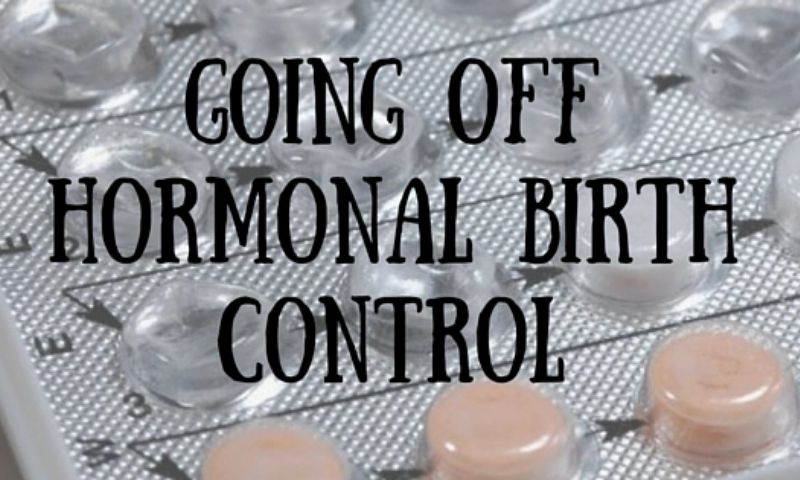Discover the right essential oil to match each phase of your menstrual cycle
Essential oils for the phases of your menstrual cycle
Follicular/ovulatory: Thyme and Ylang Ylang
Luteal/pre-menstrual: Clary Sage and Lavender
Menstruation: Bergamot, Lavender and Bonus: Clary Sage
Dr. Mariza Synder’s famous Hormone Synergy Blend, for the luteal/pre-menstrual phase and menstruation:
Ingredients:
10 drops Clary Sage
8 drops Lavender
8 drops Geranium
4 drops Bergamot
4 drops Ylang Ylang
Carrier oil of choice
Directions: Place the number of drops, per recipe, in a 10 mL rollerball and then fill to the top with your carrier oil of choice (fractionated coconut oil, or almond oil). Roll the blends over your ovaries pulse points: neck, ankles and wrists 2-3 times per day.
Background on each of the essential oils:
Clary Sage
Clary Sage is effective in easing the pain caused by menstrual cramps by relaxing the smooth muscles, especially in combination with Lavender and Marjoram. A 2014 study showed that simply inhaling Clary Sage dramatically decreases the body’s cortisol – our stress-regulating hormone – as well as improving the thyroid levels, thereby having an anti-depressant effect on the body and enhancing overall mood. This speaks to the power of aromatherapy and the instantaneous effect that it can have on our mind and body. Clary Sage can relax you to allow for a restful night’s sleep and ease any negative moods.
Ylang ylang
Ylang ylang’s nourishing properties and rich antioxidants help to protect and care for skin, especially during times of hormonal imbalance. It’s calming aroma boosts the libido and also brings calm to the mind and body. Able to lower the heart rate and provide an overall sense of relaxation, Ylang Ylang can be an asset to anyone suffering from symptoms of depression or mood swings due to imbalanced hormones. With its ability to influence both mood and body, Ylang Ylang can offer daily support for combatting the symptoms of hormonal imbalance.
Bergamot
Aromatically, Bergamot has the unique ability to both uplift the mood while calming the mind. An added benefit of topical application of Bergamot is its ability to cleanse and purify the skin while positively affecting mood. In fact, even serious stress-induced disorders, many caused by a hormonal imbalance, can be positively impacted by Bergamot essential oil. By reducing the heart rate and blood pressure, Bergamot has proved to lower the body’s stress responses, possibly linking it with a direct effect on the adrenal glands.
Lavender
Most notable for its ability to influence a restful night’s sleep, Lavender essential oil finds popularity for its versatility in a variety of situations. During times of hormonal imbalance when skin is at its worst, Lavender can ease and calm irritated complexions. Its light floral aroma calms the mind and body while whisking away feelings of stress and anxiety. Massages with Lavender essential oil ease the pain of menstrual cramps while simultaneously balancing the emotions. Even used in an Epsom salt bath, Lavender can transport your body to a state of relaxation and work to rebalance your emotions while you recalibrate.
Thyme
Thyme essential oil balances progesterone levels and could potentially delay the effects of menopause. It also supports natural hormonal levels to offset the effects of PMS and can energize the body during times of fatigue or stress.
Holly Grigg-Spall – Daysy Marketing Consultant and Blog Editor
When she came off the birth control pill after 10 years in 2009, Holly decided to write a blog about the experience. That blog became a series of articles, and then book, “Sweetening the Pill,” which then inspired a feature documentary, currently in production and executive produced by Ricki Lake. She is a fertility awareness and body literacy advocate and educator, a Daysy enthusiast, and excited to help more women come off the birth control pill and find a natural, effective alternative. holly.grigg-spall@valley-electronics.com



